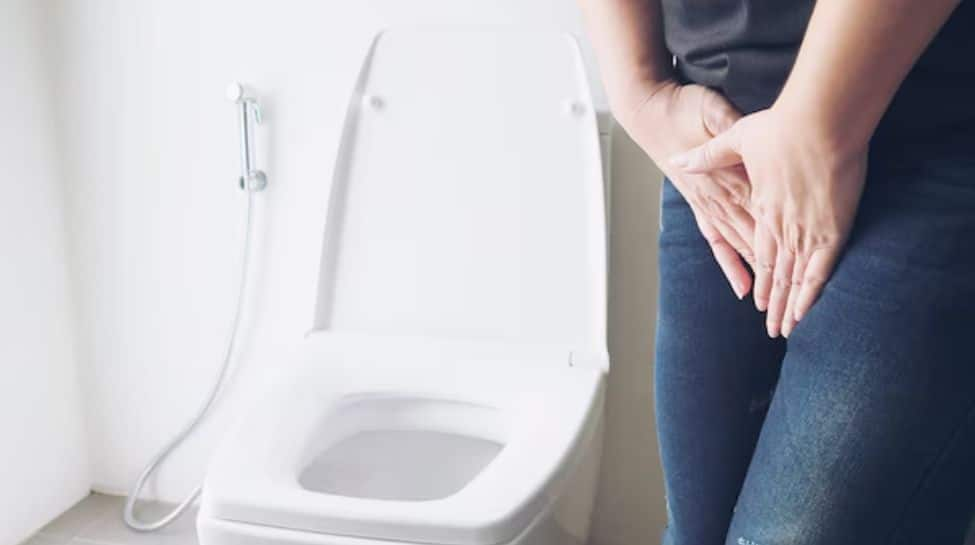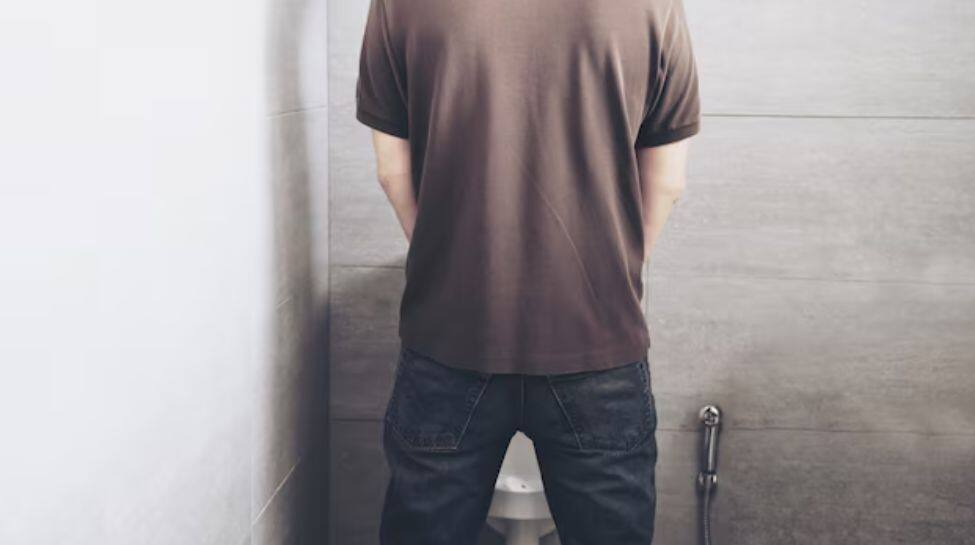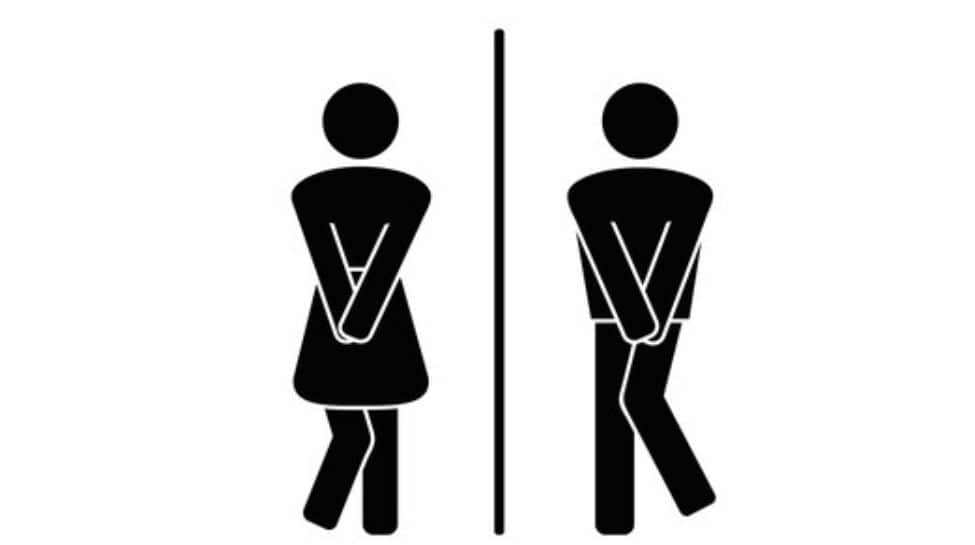Is Peeing More Frequently Healthy? 7 Signs You Should Worry About
Frequent urination can sometimes be brushed off as a minor inconvenience, but when should you start to worry? While it’s common to need to go more often after drinking a lot of fluids, certain patterns might indicate underlying health issues. Here are 7 signs that frequent peeing could be a red flag for something more serious.
Is Peeing More Frequently Healthy?
)
Frequent urination isn't always something to worry about, but these 7 signs should prompt you to seek medical advice. Early detection and treatment can make a big difference in managing potential health issues. Always listen to your body and don't hesitate to consult a healthcare professional if you're concerned.
(Image credit: freepik)
Accompanying Symptoms

If frequent urination is accompanied by symptoms like fatigue, weight loss, or increased thirst, it may point to underlying conditions such as diabetes or a hormonal imbalance.
Changes in Urine Color or Odor

A noticeable change in the color or smell of your urine could indicate dehydration, infection, or other health problems that shouldn’t be ignored.
Persistent Urgency

If you constantly feel like you need to go, even right after you’ve just gone, it could be a symptom of an overactive bladder or a UTI that needs medical treatment.
Blood in Urine

Seeing blood in your urine, known as hematuria, is never normal and could be a sign of infection, kidney stones, or even more serious conditions like bladder cancer.
Waking Up Frequently at Night

Frequent nighttime urination, known as nocturia, can be linked to conditions like diabetes, heart issues, or even sleep apnea. If this disrupts your sleep regularly, it’s worth discussing with a doctor.
Pain or Burning Sensation

Experiencing discomfort, pain, or a burning sensation while urinating can indicate an infection or inflammation in your urinary tract, which requires medical attention.
Sudden Increase in Urination

If you've suddenly started needing to pee much more frequently without a clear reason, it could be a sign of a health issue, such as diabetes or a urinary tract infection (UTI).
(This article is meant for informational purposes only and must not be considered a substitute for advice provided by qualified medical professionals.)
Trending Photos








